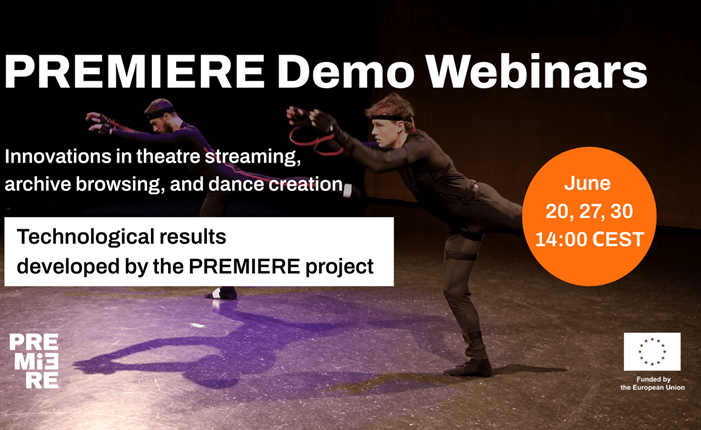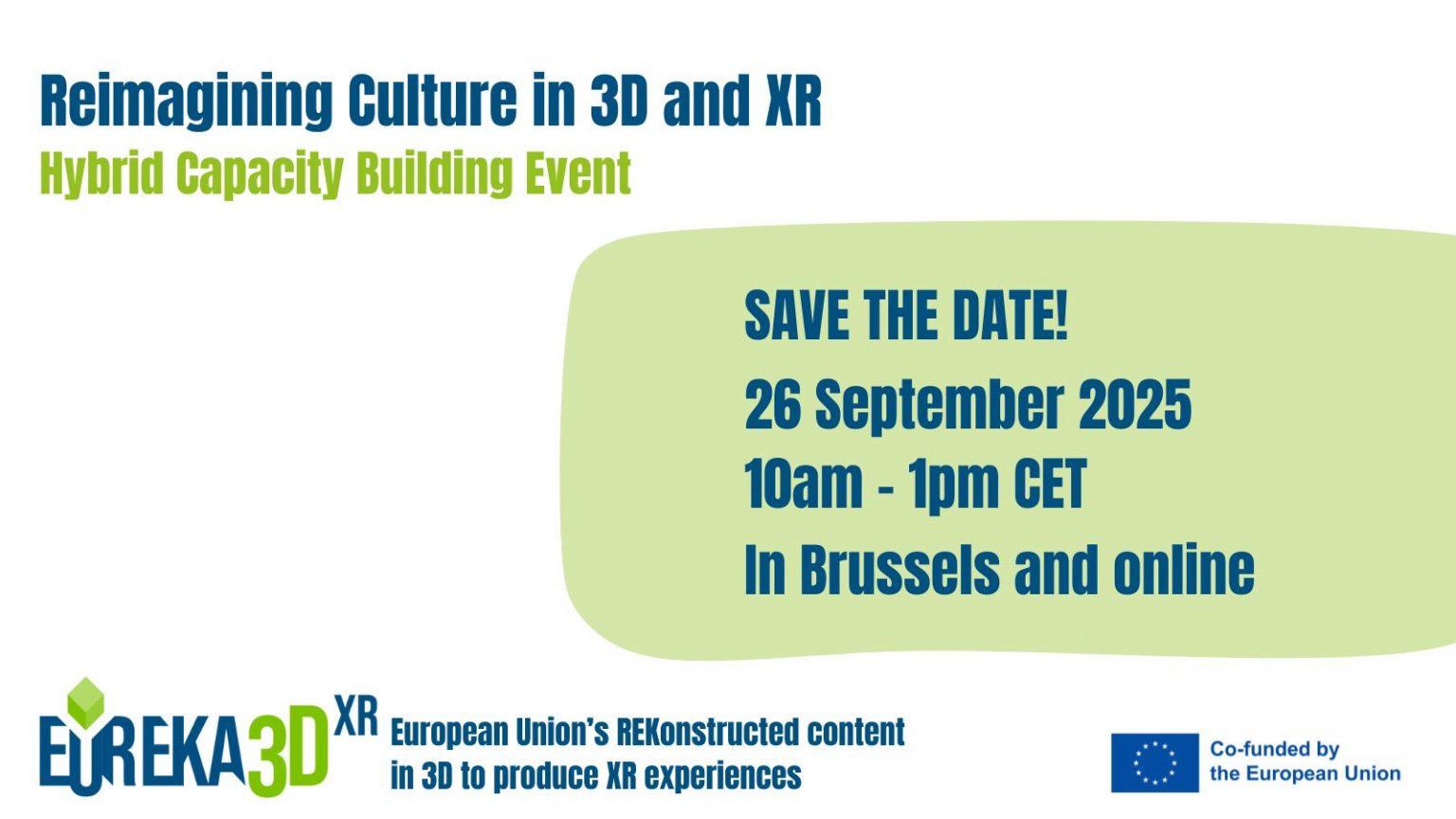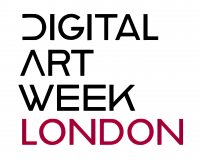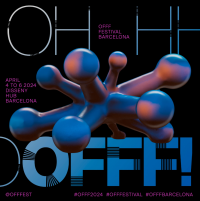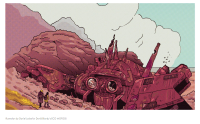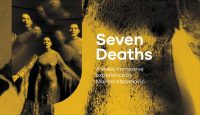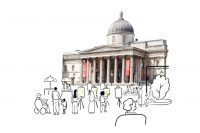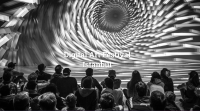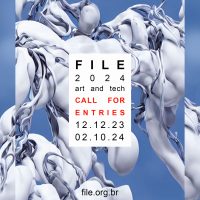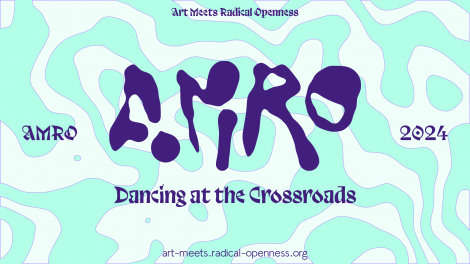
The 2024 edition of Art Meets Radical Openness (AMRO), the biennial festival for art, hacktivism, and open cultures, has just come to an end.
Held in Linz from May 8 to 10, it offered a context for discussing the challenges of digital cultures, software and network infrastructures, art and everyday life, education, politics, and activism.
Festival co-curator Davide Bevilacqua talks about the key themes of the call for participation: “Flirting with Burnouts, Looking at Tipping Points, Reseeding Resistance”
“The quote “flirting with burnouts” comes from an email exchange with the sound and infrastructure artist Vo Ezn during the 2023 Art Meets Radical Openness Research Lab. In a Virtual Machine Vo Ezn developed a server project dedicated to burnouts, system resets and crashes, connecting the perennial burnout condition of the time we live to the machines that bring us into that state of over-exhaustion. While developing the project, we often discussed the exploitative conditions of artists and cultural workers strangled by the dynamics of digital work and the golden promises of limitless productivity. For many, being a freelancer becomes a condition of dependency that makes them unable to refuse any new project opportunity. The current economic system flirts with the burnout of the worker, finding the sweet spot between carrot and stick for the next task to be accomplished, or discarding the burned-out individual to reach for the next one.
This flirting with the burnout is a collective, almost cultural practice in a time of emergency. In so many fields, we flirt with the inevitable collapse and play the game of rising the benchmarks or buying time, looking for the sweet spot where no one acts , when we should actually start taking concrete actions. This happens when some speculate on how much we can still gain from the last drops of oil being extracted; or when calculations are made about how much suffering people can endure in Gaza, Ukraine, or in any other place of conflict before a diplomatic solution must be found; or how many desperate migrants have to die in the Mediterranean so that politicians can play their election campaigns. All these flirtations happen with the burnouts of others , and what burns is not only those who suffer, the sacrificial victims of the system of “modern life,” but the ethical foundations of our society.
Our point as is that digital technologies play a very central role in this. They obscure labor, hide suffering , and take away social and political responsibilities from those who should be held accountable. For example, when an algorythm isolates data patterns and makes decisions that affect human lives. In looking for contributions for this festival program, we wanted to address this issue, and collected research presentations such as Ideal Behavior – investigating AI bias in the employment sector, by the artist collective KairUs, the new workshop by Vo Enz where_is_my_money, and the lecture by DAIR fellow Adio Dinika Invisible labour: Unveiling the Sub-Saharan Data Workers Powering AI, to name just a few.
About “Reseeding Resistance”, in computational jargon “reseeding” is often used as a metaphor for the action of repopulating (filling up again) databases with new starting values, so that fresh data is available for processing. . That is indeed inspired by the idea of planting and growing a new seed, but in this case the agricultural metaphor is less stringent, especially in its time component. Changing the seed should be seen as changing the input material of a process in order to modify the output, leading to different and unexpected responses. In general, the necessity of reseeding is grounded in the shortened time spans within which the corporations react to and appropriates the activist work towards its own interest. As awareness rises, marketing follows. So, as soon as an ecologic movement generates a bit of widespread awareness, major companies incorporate that in their greenwashed products. When corporate tech can no longer ignore new protocols that endanger their walled garden, they’ll find a way to include and steer them towards their business (see: Cory Doctorow, The Internet Con. How to Seize the Means of Computation. London, Verso, 2023). A practice of reseeding is therefore something we need to implement in our practice as artists and activists; a constant process of change and adaptation that does not stop after some initial achievements; re-starting and always finding new arguments, practices and ideas.
During the festival development process we embedded these mottos into the actual title: “Dancing at the crossroads”. This title suggests that we are in a moment of doubt, where fundamentally different roads divide to opposite directions, but we don’t know actually which one to take. The dancing becomes a symbol for uncertainty, a collective ritual, and potentially a refusal to blindly take one way or the other without reflecting on what that choice would mean. This is because we are firmly convinced that reality is much more complex than a binary decision in the current socio-political crisis, or also whether one should be “Apocalyptic or Integrated” towards digital technologies, or towards anythig actually. When confronted with the crossroads we have to take both roads at the same time, and ask the fundamental question about what we actually want to become as a society to find other answers.
This is central in two screenings of the festival:
Entangled Recurrents by Felix Stalder and Konrad Becker from the World Information Institute centers on the idea that the modern conceptions of truth and reality are in disarray and how alternative histories of media and the emergent digital (un)consciousness are fundamental to navigate the current information space.
In Insurgent Flows. Trans*Decolonial and Black Marxist Futures, Marina Gržinić, Tjaša Kancler and Jovita Pristovšek analyze the logic of Western colonialism and capitalism, inviting the viewers to think critically about historical narratives and to challenge and subvert the oppressive forces associated with necropolitics.”
Open tools and the use of free licenses are the precondition and basis for the digital practice of a community like this, which impels social transformation and also changes our real life. Can you explain how the open source philosophy can fight the digital crisis? What kind of tangible social transformation are you looking for? What is the role of art in this social change?
“Acknowledging the pervasive and extractive nature of the digital is an important starting point of the technological critique featured at AMRO. However, perhaps the most difficult thing to admit in many circles dealing with technology is that “tech won’t save us”. This sentence was chosen by the journalist and writer Paris Marx, contributign to AMRO with the keynote Libertarians No More! How Tech is Embracing the State to Amplify Its Power, as title of its podcast dedicated to technological critique.
Looking at digital technologies, we observe that many of them promise to be the only key to solve several problems, many of which are not necessarily technological. For example, claiming that AI will contribute to solving climate change is a bold one, as well as the idea that transferring all our fragile data to the cloud will let them last forever, or using algorithms to automatically filter job applications, which makes them appear “neutral”. Instead, an uncritical adoption of these technologies, some of which are indeed based on open source software, usually ends up strenghtening inequalities in society, justifying violence and stiffening separations.
The second keynote of the festival, Generative pasts of AI by Selena Savić, deepened this topic, exploring ways to reverse and rewind automated data extractivism. Two further examples of AI critique are at the core of the two solo exhibitions of the festival, Under the Calculative Gaze by Sanela Jahić and Unknown Label by Nicolas Gourault, both dealing with the dehumanizing labor practices at Amazon and the invisibile work of data labelers for the training of self-driving cars.
In a way, the crisis of the digital is caused by its success. The superficial belief that digital, connected, AI-powered processes necessarily perform better than what was here before. Other than the actual software being distributed, we could perhaps learn something more by the philosophy at the basis Free and Libre Open Source Software, that can be useful if observed as a cultural practice. FLOSS aims at the empowerment of the individual combined with the acceptance of a complexity and multiplicity of views on the world. The action of forking and merging software can influence a cultural understanding for which developing multiple approaches and solutions to a problem is not only tolerated, but welcome. Even more, this can offer grounds for a proactive, dynamic relation between individual users/developers and their communities, emphasizing that work does not happen in a void, but is always situated in larger, collective structures. A society that learns from this would find value in the situated knowledge of each of its component, giving priority to the circulation of knowledge for a common good. In such a society, its members would renounce fame, visibility, power, copyright for the enrichment of everyone. That is one of the strongest potential of Open Source, even if very utopian and therefore potentially never fully reached.
Art is something similar: it is not going to save anyone or anything, but is mostly useful as a hosting container for discourse on technological ethics, which are currently not possible in technical institutes. The discourse on tech is currently dominated by the invasive presence of the big tech corporate interests. Therefore the art space becomes the field to discuss the actual consequences of technology . Especially because this field deals with cultural artifacts that communicate across generations, it feels like we are preparing the ground and the symbolic load into technological critique and resistance. On this tone, we also concluded the festival discussing together how to resist toxic technologies and create a space where each can contribute to the foundation of a fair society. Artist and researcher Linda Kronman proposed an overview on artistic tactics to hack AI-powered vision, and again Shusha Niederberger addressed The Cultural Meaning of the User Aesthetics and Politics of the Everyday .”
Explore the partners of AMRO 2024


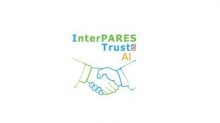
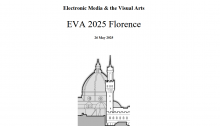
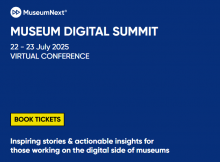
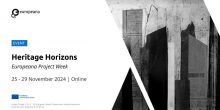
 If you have interesting news and events to point out in the field of digital cultural heritage, we are waiting for your contribution.
If you have interesting news and events to point out in the field of digital cultural heritage, we are waiting for your contribution.
